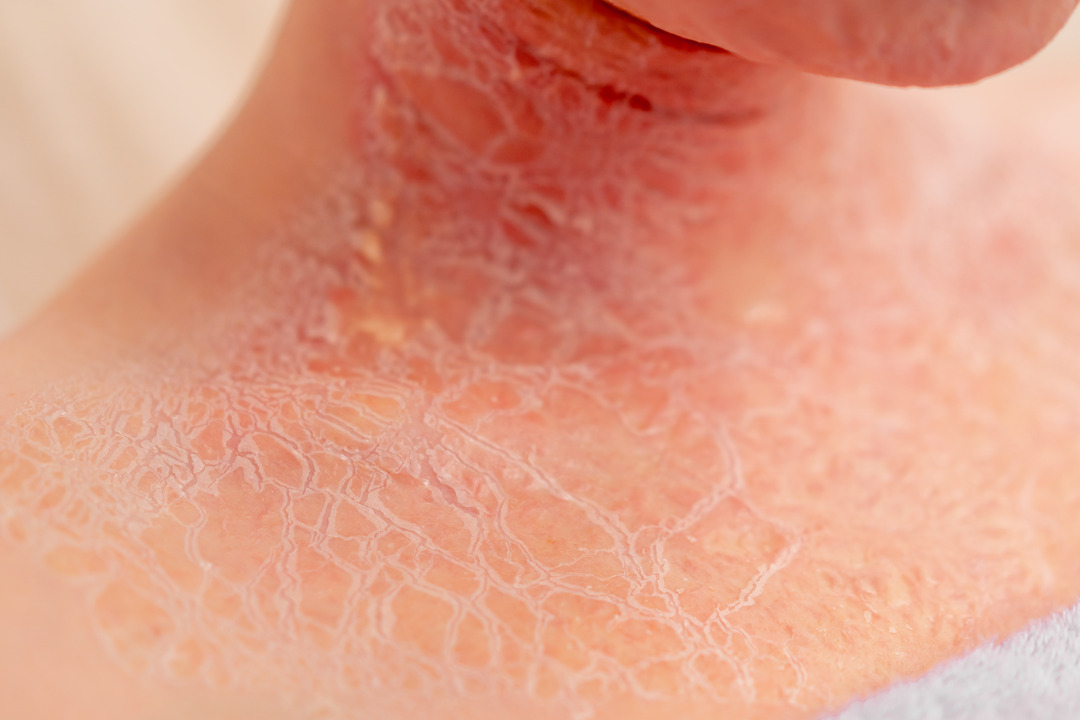AFP – Family history and allergies can be risk factors for certain chronic skin diseases, including eczema.
These can be exacerbated by pollution, perspiration, cold weather, hard water, certain cosmetics, and even certain foods.
But new research from the United States points the finger at a common food ingredient that could be responsible for an increased risk of dry, itchy skin.
According to the French Institute of Health and Medical Research (INSERM), atopic dermatitis, also known as atopic eczema, is “a chronic inflammatory skin disease, … characterised by dry skin associated with eczema-like lesions (redness and itching, vesicles, oozing and crusting) that develop in flare-ups”.

The scientific research organisation points the finger at genetic and environmental factors, and also mentions the impact of this kind of condition on mental health.
For several years, numerous scientific studies around the world have been reporting an increase in the number of cases of this chronic disease, particularly in industrialised countries, in connection with environmental changes and lifestyles.
This finding led a team of researchers from the University of California, San Francisco (UCSF), to investigate the impact of an everyday ingredient on skin dryness and itching, and more broadly on eczema.
To do this, they analysed data from 215,832 adults aged 37 to 73 from the UK Biobank – a large-scale, long-term study conducted in the United Kingdom to assess the influence of genetic predisposition and environmental exposure on the development of numerous diseases.
Urine samples and electronic medical records were analysed for this research.
The aim was to determine the amount of sodium, a component of salt, consumed by the participants, and to correlate this data with a possible diagnosis of atopic dermatitis.
Published in the journal JAMA Dermatology, their research shows an increased risk of eczema diagnosis (+11 per cent), eczema cases (+16 per cent) and chronic disease severity (+11 per cent) for each additional gramme of sodium excreted in the urine over a 24-hour period.
To support these findings, the researchers examined data from another population, namely, 13,014 American adults from the US National Health and Nutrition Examination Survey.
And the findings were similar: consuming an extra gramme of sodium per day – the equivalent of half a teaspoon of table salt – was associated with 22 per cent higher odds that someone would have an active case of eczema.
The authors of this study therefore advised patients to limit their salt intake to better manage eczema flare-ups.
“Most Americans eat too much salt and can safely reduce their intake to recommended levels,” said UCSF associate professor of dermatology Dr Katrina Abuaba-ra in a news release.
“Eczema flares can be difficult for patients to cope with, especially when they are unable to anticipate them and don’t have recommendations on what they can do to avoid them.”
According to data shared by the US National Eczema Association, more than 31.5 million people, or around 10 per cent of the US population, have some form of eczema.







